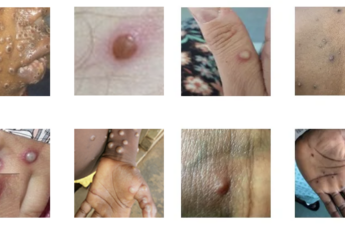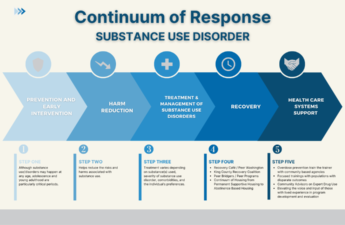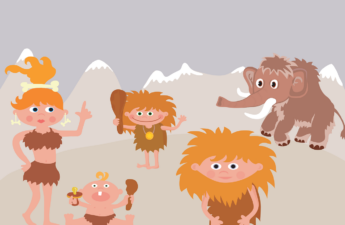When humans moved from living in the jungle to the savannah, they needed to walk and run long distances in the sun. This meant they needed a way to handle the increased body temperature that comes with physical activity in the heat.
Sweating is the best way to lose heat and cool down, but the presence of hair reduces sweating and heat loss from the skin. So humans evolved to lose body hair to be better adapted to exercising in the heat. Fewer hair follicles in our skin made room for more sweat glands. This made our skin optimal for sweat evaporation – and the heat loss that goes with it – to keep us cool.













